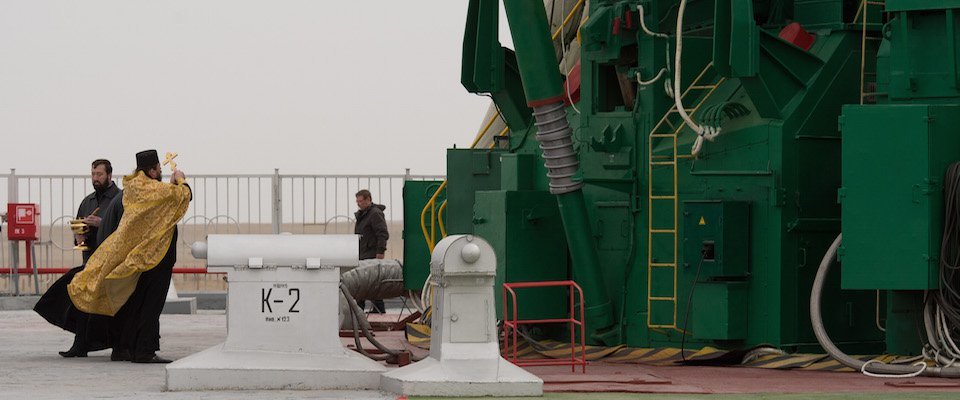Click to join the conversation with over 500,000 Pentecostal believers and scholars
Click to get our FREE MOBILE APP and stay connected
William DeArteaga | PentecostalTheology.com



Terrific summary article on the Russian Orthodox Church since the fall of Communism.

John Kissinger [10/21/2015 7:36 AM]
John Kissinger [10/21/2015 8:20 AM]
There are others that can speak more about the Russian Orthodox church than me ( Yuri Markov Ilya Okhotnikov ??????? ?? ????? ) but here’re my few remarks on the article:
1. First off, the article seems to have been written by a person who never lived under socialist (soviet) Russia and therefore presents an one-sided interpretation of the period (i.e. information presented is true, but limited to a single interpretation)
2. “de-Sovietization” is also a limited term. Other post-communist countries properly use the terminology “de-socialization” or even “de-communization” (thou no country has ever reached a truly communist state)
3. The article purposefully excludes millions of Russian Catholics, evangelicals, Armenians etc., Christian believers in Russia who were severely persecuted under the Regime and were not allowed as much freedom of worship as the State Orthodox Church. They should not be excluded from the revival movements after the Fall of the Berlin Wall, because many of those revivals happened first within their congregations and from there affected the Orthodox Church
4. The orthodoxy of the described church is also under a question since there’s never been a true Russian orthodox church. Russian orthodoxy is rooted in the Greek Orthodox church and heavily influenced by the 9th century Bulgarian Christianization of the Slavs (only after which it reached Russia)
5. As rooted in Greek orthodoxy, the Russian church has never had a true separation of church and state. One of the foundations of Orthodoxy (at least since Constantine the Great) has been a “symbioses with the state” i.e. a true Orthodox church is always an Empire church
6. The article further omits the historic communist influence of communist state police (KGB) over the Russian church. During the Regime, KGB agents not only infiltrated the each Orthodox diocese, but dictated the course of the church via specifically trained secret agents purposefully posing as priests within the church. Many of these agents were placed in key leadership positions as bishops and even the top patriarch of the Russian church. No one could obtain such position or any hierarchy promotion without signing off first to the KGB rules.
7. Until such KGB agents, whose influence continues in the church today, are exposed and the church is purified from all communist influence through a process called “lustration,” there can never be an independent Russian church – it will always be an Empire church (with capital “E,” and small “c”)
Finally, I can understand the special relationship between Anglican and Orthodox being both “high churches,” but I wonder what are the implications of such position within our Pentecostal tradition?
William DeArteaga [10/21/2015 8:30 AM]
Thank you for your very illuminating comments. My response would be that yes, as an article it is limited in scope and outlook, but it seems to be fair.
John Kissinger [10/26/2015 2:43 PM]
http://www.themoscowtimes.com/arts_n_ideas/news/article/russian-orthodox-official-warns-eating-potato-chips-is-sinful/540307.html




Most Talked About Today